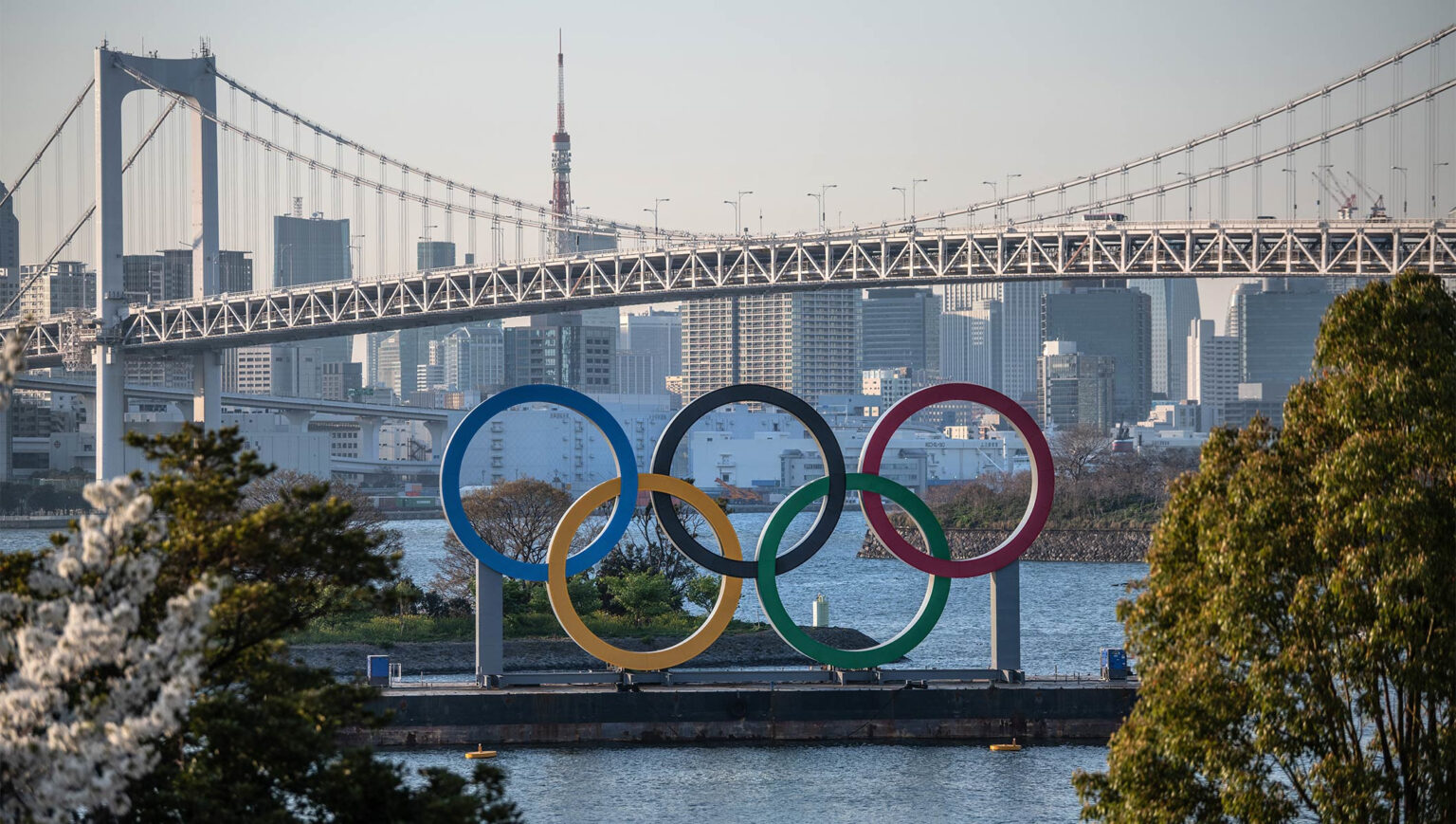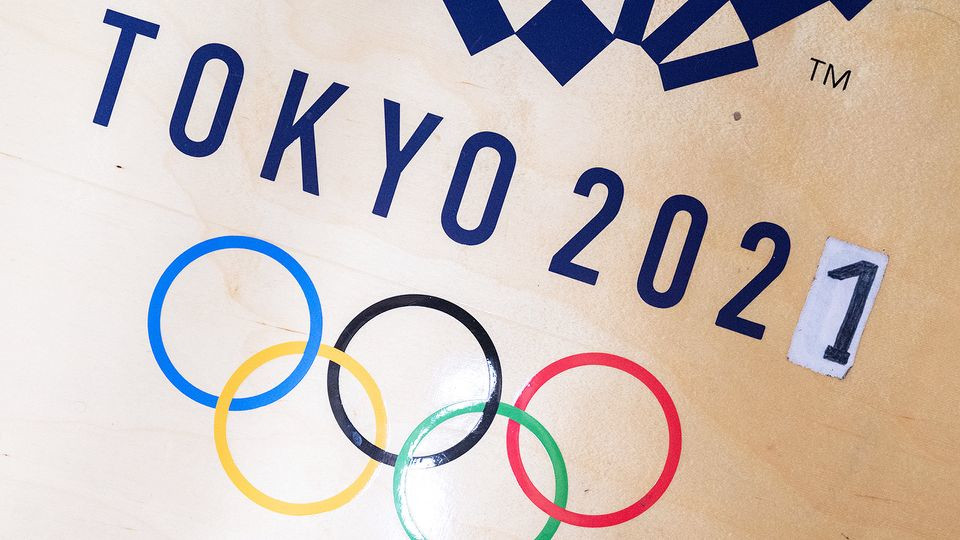
The Olympic torch rally begins: How will the Tokyo event take place?
The Tokyo Olympics, originally scheduled for last year, are back on. After being canceled by the COVID-19 pandemic, the torch-bearing relay kicked off in Japan today, igniting the start of the international sports competitions.
The Olympics are typically held every four years in a preselected city. London, Atlanta, GA, and Rio de Janeiro have all been recent sites for the Olympics, and now, despite the delay caused by the pandemic, Tokyo is getting its turn.
While many are welcoming the start of the Tokyo Olympics today, others are concerned about a major sporting event causing another spike on COVID. Let’s take a look at how the Tokyo Olympics is taking place and what precautions the Olympic Games are taking.

Expensive games
Business Insider reported the Tokyo Olympics already became the most expensive summer games in history, with a whopping price tag of $26 billion. However, they argued it wasn’t just the delay causing the games to be so expensive.
The start of the Tokyo Olympics’ giant price tag, per Business Insider, was the architecture, namely, the creation & renovation of forty-three competition sites. The initial design of the national stadium, where the opening & closing ceremonies would take place, was originally estimated at over $2 billion. When a new architect was found, the cost lowered to $1.4 billion, which is still a lot.
Eight new venues and ten temporary ones altogether, along with the cost of imported goods to create said structures, was what jacked up the price of the Tokyo Olympics. A labor shortage also contributed to the rising cost and over-budget estimates.
Covid numbers in Japan suggest that a fourth wave is building up. The Suga government's plans to hold the Olympics appear destined to collapse no matter how determined they might be. Brace yourself for another difficult spring. (MP) #Covid #Japan #Pandemic #Olympics pic.twitter.com/5pCcxg6fX4
— SNA Japan (@ShingetsuNews) March 28, 2021
COVID numbers in Japan
The postponement of the Tokyo Olympics did hurt the budget though, costing an additional $1.6 billion. Business Insider further reported the games are also starting now amid pushback from the public.
According to a graph from SNA Japan, though COVID numbers are down, a slight uptick suggested a fourth wave could be coming amid the Tokyo Olympics. SNA Japan further predicted that despite the Suga Administration’s plans to greenlight the Olympics now, the plans for the games may be halted and a “difficult spring” can be expected.
Business Insider further reported the Japanese public is generally opposed to the Tokyo Olympics happening now since COVID hasn’t been entirely contained or eliminated yet. Demonstrations to cancel the games occurred earlier this spring.

Making back revenue
However, the International Olympic Committee and the businesses involved in sponsorship are reportedly eager to make up for the growing price tag of the Tokyo Olympics. Three-quarters of the IOC’s revenue comes from broadcast rights, so a good way for them to make back the money is to put the Tokyo Olympics on TV sooner rather than later.
That said, the bill for the Tokyo Olympics is also growing due to empty buildings, including maintenance & security costs. Typically, ticket sales help make up the cost of these lavish buildings, but packed stadiums in the age of COVID are a no-go.
In fact, the COVID-19 precautions the Tokyo Olympics have to take is racking up to $900 million, including on-site doctors, vaccinations, and COVID testing.

Lighting the torch
Despite the uncertainty of the Tokyo Olympics taking place as late as early March, the torch-bearing ceremony happened with less fanfare than in previous years. Japanese Olympians carried the torch across the field maskless, most likely because they had been tested & vaccinated. Onlookers appeared to be staff, many who were wearing masks.
The Tokyo Olympics committee announced that no overseas spectators would be allowed to go to the games in person even if they were vaccinated, citing the potential for the games to be a COVID superspreader if they did.
Also, while athletes aren’t required to be vaccinated, getting the COVID vaccine is “highly encouraged” per the Tokyo Olympics COVID guide. Athletes are also being asked to stay in the Olympic village and to avoid public transportations & mass gatherings.
—
Do you think the Tokyo Olympics will be a superspreader event despite precautions? Let us know in the comments!



